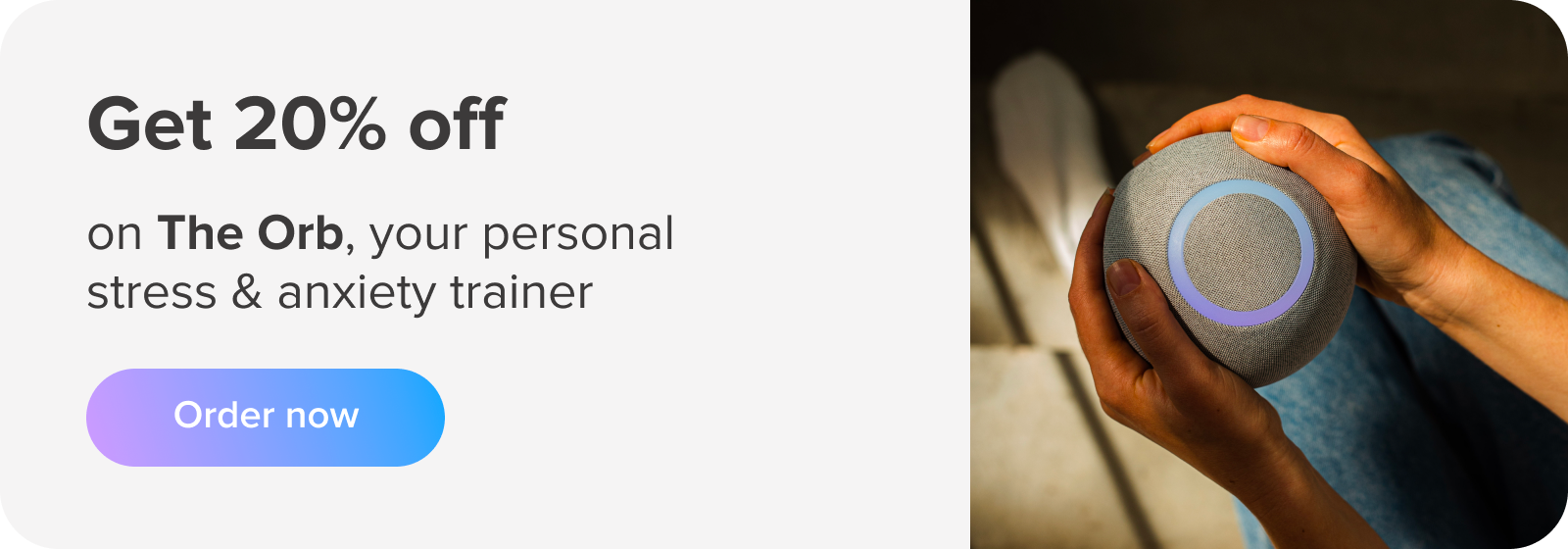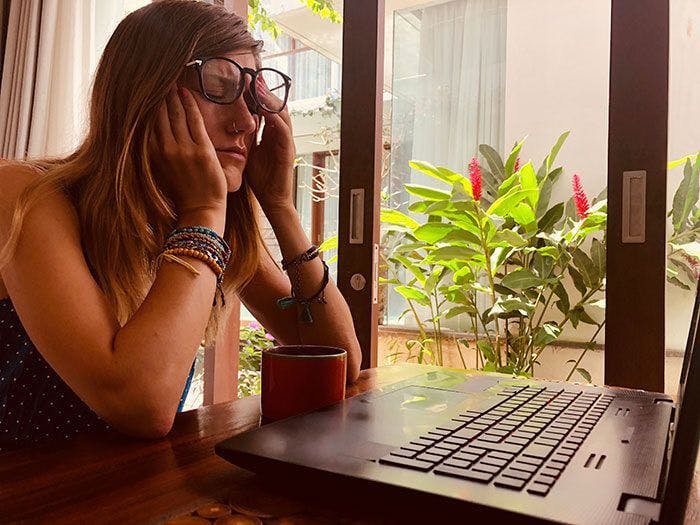Mindfulness is normally seen as a way to alleviate negative thoughts and mindset: it’s a calming technique used worldwide by people. However, approximately 1 in 12 people have a negative effect when attempting mindfulness: normally a worsening in their condition over time.
As with anything in life, what works for one person might not work for another. However, when it comes to mindfulness, it has been universally celebrated, and so many are trying it to help cure symptoms of anxiety and depression.
This post will explore the ways that mindfulness can have a negative effect on you and why that is. Plus, we’ll include some tips on how to reduce anxiety during meditation and mindfulness practice.
Can Meditation Give You Anxiety?
There are many types of meditation, but the most popular one is mindfulness. This is where people pay attention to the present moment, and focus internally on their own breathing. They try not to let their mind wander.
This has proven for many to be a powerful tool in aiding symptoms of depression and anxiety, as it grounds them and stops the mind from racing. However, recently there have been several studies that have found about 8% of people who try meditation have a negative effect.
The results say that sometimes the mind rebels against the attempted meditation, which results in an episode of anxiety or depression.
How Do I Meditate For My Anxiety
It’s recommended that instead of mindfulness as a meditation technique, those that experience worse anxiety from this type of practice should try guided meditation instead.
The words are said to comfort and allow the person to have their mind relax, without it wandering or heading into a worse space. Recorded meditations can either be with a teacher or an app.

How Does Meditation Help Anxiety?
Mindfulness affects the sympathetic nervous system. The sympathetic nervous system is the most affected by anxiety, tension, fatigue, and depression. This area of our nervous system is commonly known as the area that controls our bodies ‘fight or flight’ response.
Meditation works by activating the parasympathetic nervous system: this benefits us as it directly works to calm the sympathetic nervous system, which leaves you feeling calm and relaxed. Over time, this can result in a lessening of anxiety, stress, and depression symptoms.
How Does Meditation Work To Alleviate Anxiety
Meditation has two different effects on the brain and nervous system. One can be felt almost immediately or during practice. The other comes after many weeks or months of meditation.
The State Effect is what you experience during meditation. It is a gentle modification of your state of consciousness that will be felt during and then for a short while after you meditate.
The Trait Effect is after repeated meditation practice. It’s when the practice alters your nervous system, internal chemistry, and brain functioning. While mindfulness might make you feel more anxious, a guided meditation may work well for those suffering from anxiety.
If you find yourself getting more anxious by mindfulness meditation, try a guided one instead. You can add to this experience by using the Reflect Orb and App. You can find out more about it, here. Meditation should work by altering your brain processes, leaving you calmer and more in control of your thoughts.






